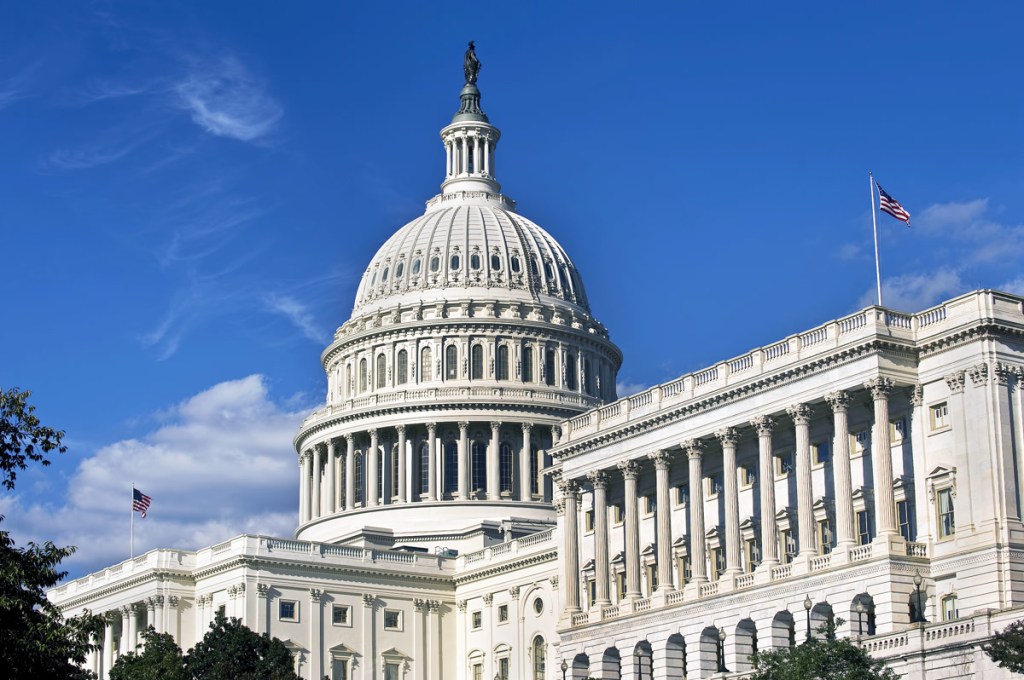The Federal Reserve is urging its examiners to go easy on banks offering forbearance to borrowers impacted by COVID-19, and will be issuing additional guidance on the issue, Chairman Jerome Powell told Congress on Wednesday.
Powell’s statement came in response to a question from Rep. Blaine Luetkemeyer (R-MO), who said he was concerned about a “credit shortage” caused by banks fearful they would be ordered to set aside reserves to cover potential losses on loans in forbearance.
Luetkemeyer said it would help to ease credit conditions if banks had written policies they could cite if the issue came up during examinations. The Fed announced on Monday it was resuming normal bank examination schedules, though it will try to do much of the work remotely.
“We are encouraging our supervisors to encourage banks to work with their borrowers and not to jump and criticize loans,” Powell told Luetkemeyer during testimony via video to the House Financial Services Committee. “I hope that’s getting through to the banks and getting through to the borrowers.”
Powell said the Fed would be issuing written guidance that would outline what the regulator is looking for. He didn’t say when that would happen.
“There is going to be more inter-agency guidance on post-pandemic exams,” Powell said. “This is effectively a natural disaster and we want to treat it like that.”
It was Powell’s second day of testimony to Congress, part of the twice-yearly updates the Fed chief traditionally provides to lawmakers. Yesterday he appeared, also via video, in front of the Senate Banking Committee.
On both days he urged Congress to spend more to provide additional relief to the economy, on top of the CARES Act and other measures passed since the beginning of the pandemic.
In the past, Powell has used these appearances to encourage lawmakers to provide the nation with a balanced budget. The Fed chief, previously known as a deficit hawk, had a ready answer when asked on Wednesday why Congress should spend more on COVID-19 relief.
“Ultimately the debt can’t grow faster than the economy forever – it’s the definition of an unsustainable path – but the time to do that is when unemployment is low and the economy is growing,” Powell told the House committee.






